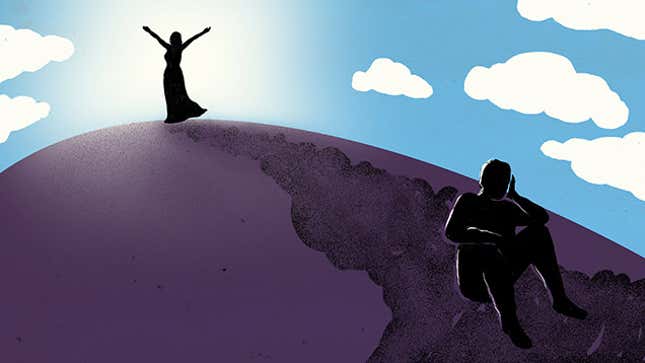Here Is What It's Like When Women Have Slightly More Power
Latest

Having it all is, of course, a tired phrase that crassly oversimplifies the stakes for most women, and yet, for the sake of shorthand, let’s rename it “Winning at Life” instead. If winning at life is, say, balancing family, romance and power on something like your terms — then the ladies of the Mosuo got it all figured out, those sly dogs.
The Mosuo are an ethnic tribe of about 40,000 who live in the Chinese provinces of Yunnan and Sichuan, bordering Tibet. They are noteworthy for having a matriarchy-like social organization — lineage is traced through the female, offspring are raised in the mother’s house, and take the mother’s surname.
This picture is what reasonably organized happiness looks like:
What makes it fascinating is that when you give women a little more say in the arrangement of things, the result is less dudes around and not more. Imagine that. Of course, as you’d guess, there is less slut shaming. Less prudishness. Less traditional Western style arrangements and more pragmatic ones.
-

-

-

-

-

-

-

-

-

-

-

-

-

-

-

-

-

-

-

-

-

-

-

-

-

-

-

-

-

-

-

-

-

-

-

-

-

-

-

-








































